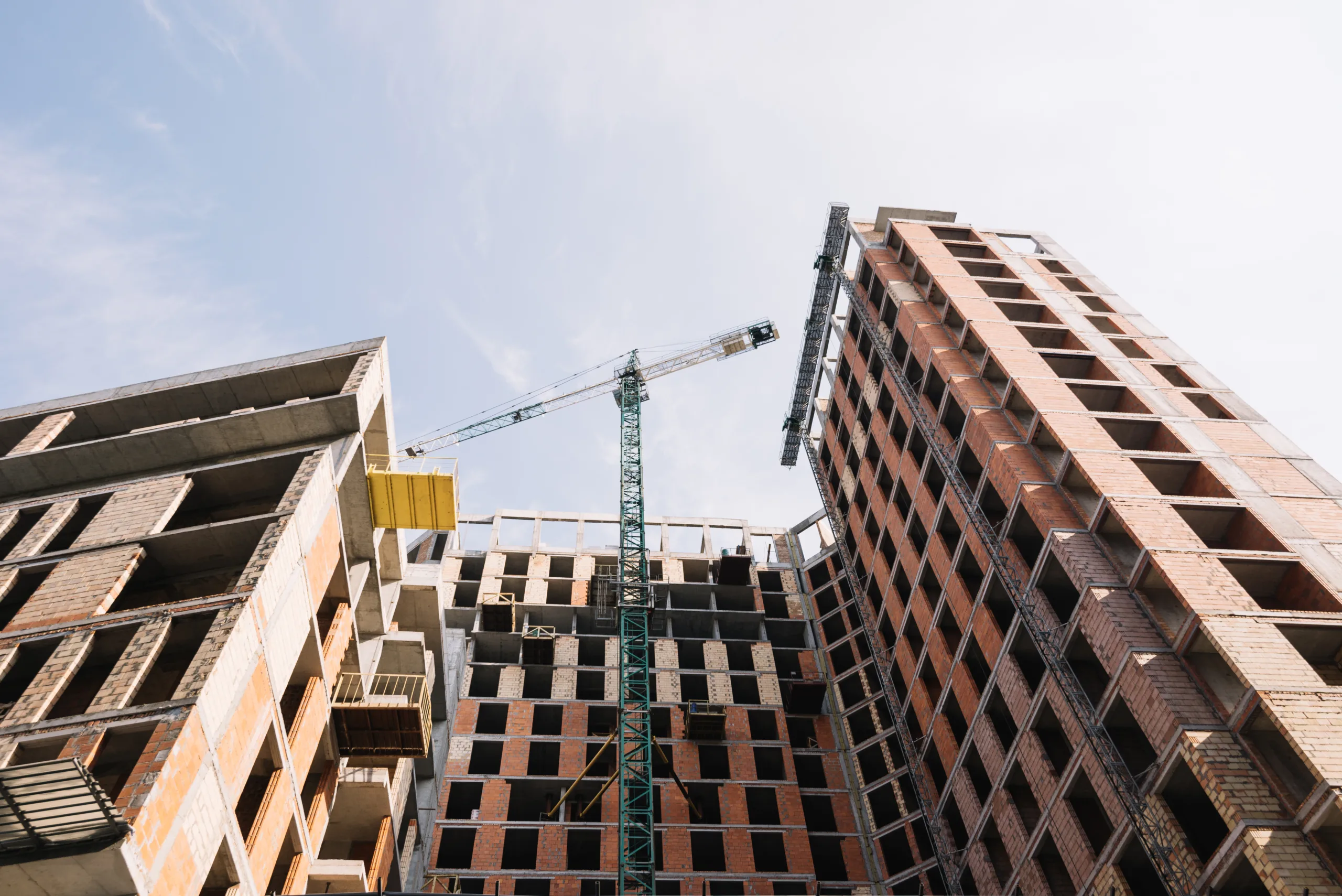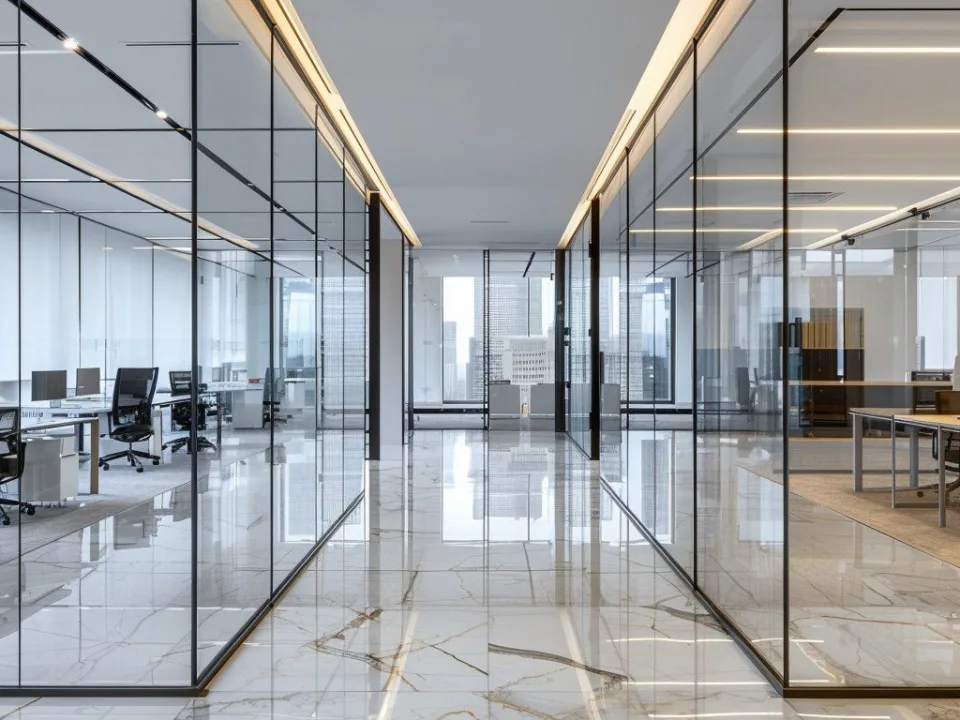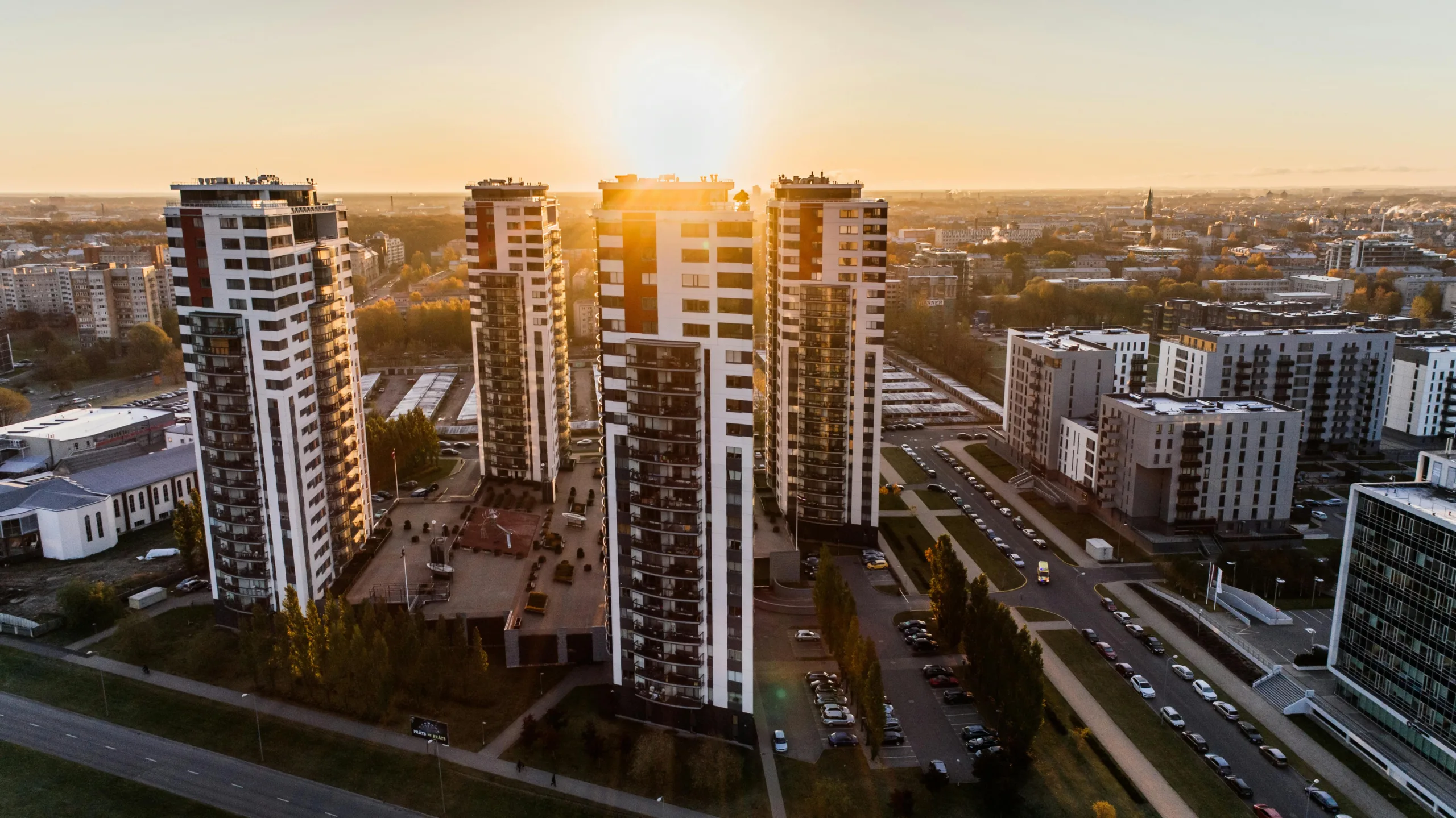- The One Big Beautiful Bill Act (OBBBA), signed in July 2025, restores 100% bonus depreciation for qualified property placed in service after Jan. 19, 2025.
- Investors can write off property costs right away, creating larger tax deductions upfront and making deals easier to close.
- The law lowers the bond financing threshold for 4% Low-Income Housing Tax Credit (LIHTC) projects from 50% to 25%, opening the door to more deals.
- These changes are expected to draw more investor interest, improve equity pricing, and expand financing options in the multifamily market.
A Boost For Investors
High borrowing costs and economic uncertainty have slowed multifamily projects in recent years, per Multifamily Dive. OBBBA’s return of 100% bonus depreciation gives investors a strong reason to re-enter the market. By expensing the full cost of qualified property in the year it goes into service, projects deliver faster tax savings and more attractive returns.
How It Works
Owners often order a cost segregation study to find parts of a building that qualify for bonus depreciation. Items such as flooring, lighting, and appliances often make the list. With 100% bonus depreciation back, investors can claim these deductions all at once, cutting taxable income and boosting after-tax returns.
Get Smarter about what matters in CRE
Stay ahead of trends in commercial real estate with CRE Daily – the free newsletter delivering everything you need to start your day in just 5-minutes
Impact On Affordable Housing
The law also reshapes the LIHTC program. Developers once had to fund at least 50% of a project’s basis with tax-exempt bonds to qualify for 4% credits. OBBBA lowered that to 25%. This shift allows issuers to back more projects without raising bond volume caps.
While the change may add more taxable financing, the extra equity value from 100% bonus depreciation should offset much of that cost.
Why It Matters
For apartment executives, the message is clear: tax policy just got friendlier. Permanent 100% bonus depreciation and a lower LIHTC threshold create new ways to fund deals and attract equity. With stronger tax benefits on the table, investors may be ready to bring fresh capital into both market-rate and affordable housing projects.


















